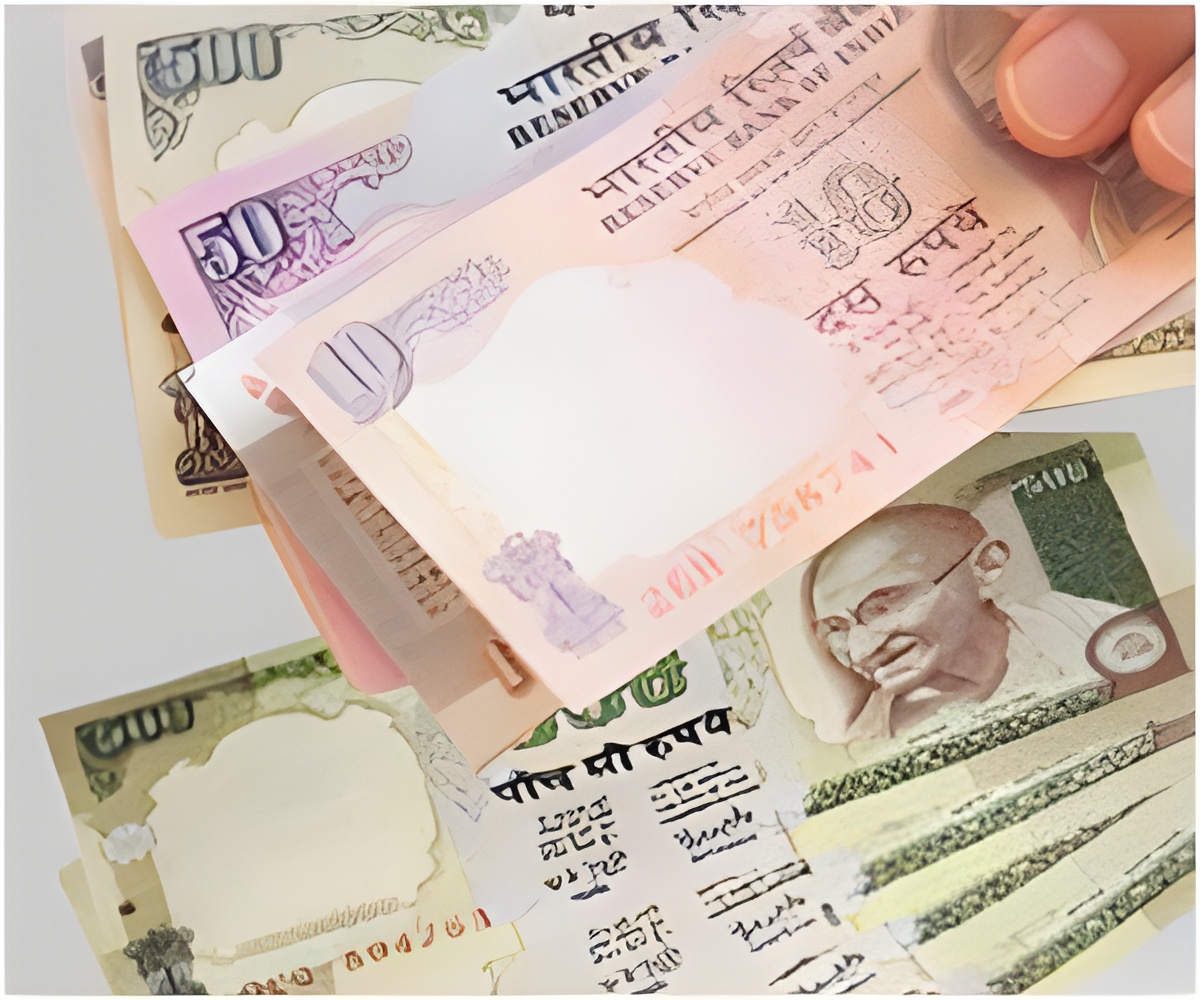Take the example of Dalit Millionaire, Ashok Khade who may be just another of one of India's affluent and the head honcho of a leading oil and gas business group.

The opening up of India's economy has helped bring in some mobility in the rigid social hierarchy, leading to a gradual rise in jobs and opportunities for India's poorest and even created a new breed -- the dalit millionaire.
Khade, a first-generation businessman who now drives a BMW, battled poverty and discrimination as a child in a village near Sangli in Maharashtra state, about 400 kilometres (250 miles) from India's financial hub, Mumbai.
After graduating in mechanical engineering, he came to Mumbai to work at Mazgaon Docks, a leading shipyard that makes warships and submarines for the Indian Navy.
He acquired technical skills and, after a stint in Germany, came back to India in 1995 to set up the DAS Offshore group, which has built offshore oil platforms as well as worked on transport infrastructure projects.
As growth opportunities improve across India's hinterland, dalits are starting to seek senior jobs and set up businesses, said Khade.
Advertisement
"There is an opinion that dalits cannot take one step without others' help," added Milind Kamble, chairman of the Dalit Indian Chamber of Commerce and Industry (DICCI), a lobby group to promote the cause and interests of dalits.
Advertisement
DICCI held its first all-India trade fair last weekend in Mumbai, where dalit entrepreneurs from 200 companies met to discuss how to boost business opportunities for their community.
India has an estimated 165 million dalits, who are shunned by higher castes, often forced into the lowliest occupations and are the poorest in terms of income, literacy and land.
Caste discrimination is officially illegal in India but still pervades many aspects of daily life, especially outside cities.
However in recent years, several dalit entrepreneurs have emerged, setting up companies in manufacturing, engineering, and food processing, Kamble told AFP.
Two of India's prominent politicians, Mayawati, the chief minister of India's most populous state Uttar Pradesh, and Ram Vilas Paswan, a parliamentarian and former minister, both belong to low castes.
The architect of India's constitution, Bhimrao Ramji Ambedkar, remains a hero and an inspiration for millions of poor Indians for having risen above his lowly birth.
India's government is considering making it compulsory to buy a percentage of its annual purchases from units set up and operated by dalits and tribal people, which are both major electoral constituencies in India.
But Kamble says the biggest hurdle for dalits is to raise collateral to obtain loans from banks and institutions.
"They are thus unable to raise any equity," he added.
DICCI is planning to set up a venture capital fund next year with an estimated worth of five billion rupees (nearly $100 million) to help needy and potential dalit entrepreneurs.
"We have to stop fighting capitalism and secure our share in India's wealth," Kamble said.
Source-AFP









